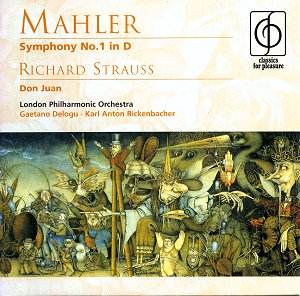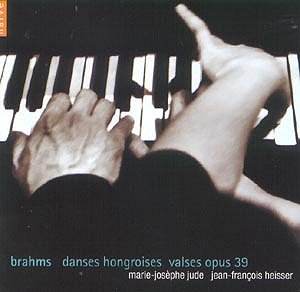 Composer: Franz Schreker
Composer: Franz Schreker
Works: Ekkehard Overture, Op. 12; Fantastic Overture; Interlude from Der Schatzgräber, Act 3; Prelude to Die Gezeichneten; Prelude to Das Spielwerk
Performers: Slovak Philharmonic Orchestra conducted by Edgar Seipenbusch
Recording: Recorded in the Concert Hall of the Slovak Philharmonic on November 16, 1985; July 24, 1987; and November 9, 1986
Label: NAXOS
Franz Schreker, a composer whose reputation has fluctuated significantly since his death in 1934, is now experiencing a resurgence of interest, particularly as aspects of his oeuvre are gradually rediscovered and re-evaluated. This Naxos release presents a selection of orchestral works that span his career, notably including the Ekkehard Overture from 1902, a piece inspired by a romantic novel set against a richly imagined medieval backdrop. Schreker’s music, characterized by lush orchestration and an evocative harmonic language, straddles the late Romantic and early modernist periods and reflects the cultural tumult of early 20th-century Europe.
Edgar Seipenbusch and the Slovak Philharmonic Orchestra deliver a performance imbued with enthusiasm, particularly in the Ekkehard Overture and the subsequent Fantastic Overture. The latter, composed in 1903, showcases Schreker’s ability to conjure vivid soundscapes, yet the performance often reveals a tendency toward dense orchestral textures that can obscure subtleties in melodic lines. For instance, in the Fantastic Overture, the principal theme emerges intermittently, sometimes struggling against the weight of the orchestration. While the orchestra exhibits a commendable commitment to the music, the overall execution lacks the finesse demanded by Schreker’s intricate counterpoint, particularly in the climactic moments where thematic interplay is crucial.
The recorded sound is adequate but tends to feel somewhat constrained, which may contribute to the impression of a less-than-vibrant orchestral palette. The engineering does not quite capture the full scope of Schreker’s orchestral colors, leaving the listener with a somewhat studio-bound experience that undercuts the dramatic potential of pieces like the Interlude from Der Schatzgräber. The interlude, with its yearning harmonies and lyrical lines, would benefit from a more expansive soundstage to allow the music’s emotional depth to resonate fully. The recording does, however, provide a clear presentation of individual instrumental voices, which is particularly evident in the delicate textures of the Prelude to Das Spielwerk.
When considering the thematic originality of these works, one encounters a certain degree of repetitiveness that may detract from their overall impact. Schreker’s reliance on lush orchestration occasionally overshadows distinct thematic development; this is particularly notable in the Prelude to Die Gezeichneten, where the emotional weight is compelling, yet the thematic material lacks the distinctiveness found in his contemporaries, such as Mahler or Strauss. Schreker’s style, while undeniably rich, sometimes feels ponderous, as if the music is burdened by its own ambitions.
This recording serves as an important document in the ongoing reappraisal of Schreker’s contributions to the orchestral repertoire. While the Slovak Philharmonic Orchestra under Seipenbusch presents the works with a palpable sense of dedication, the lack of refinement and clarity in orchestral textures, compounded by the recording’s constraints, limits the overall effectiveness of the presentation. For those interested in exploring Schreker’s music, this Naxos release offers a worthwhile introduction, albeit one that may inspire listeners to seek out alternative interpretations that could reveal the composer’s more nuanced aspects. The potential for deeper engagement with Schreker’s complex sound world remains, suggesting that further exploration into his catalog is not only warranted but necessary for a comprehensive understanding of his artistic legacy.



